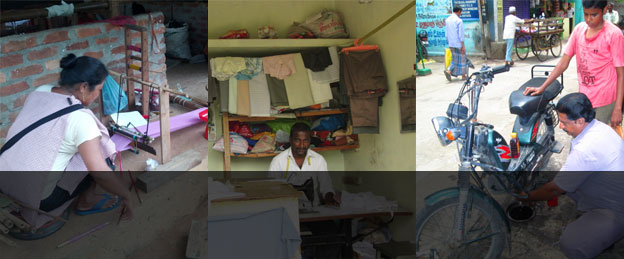In order to integrate practical and work-orientated teaching-learning concepts into commercial vocational education and training courses, the use of simulations is recommended, especially at full-time vocational schools. In Germany, the use of business case studies has also been discussed and recommended for many years. Against this background, it is surprising that there are hardly any empirical findings on the use and impact of these case studies in German commercial schools. This study, therefore, addresses this research gap and focuses on the student perspective in commercial education in the German vocational education and training system.

Prof. Dr.Matthias Pilz
Chair of Business education
University of Cologne
Director of the German Research Center for Comparative Vocational Education and Training (G.R.E.A.T.)
Germany
Issue 7, Issue 10
Field of expertise/main research projects:
International comparative research in vocational education and training, research in transition from the education to the employment system, research into teaching and learning


